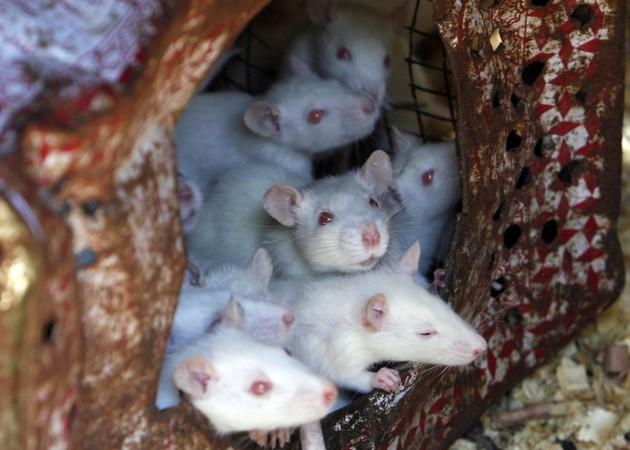A study showed that an anti-tumour drug at low doses could help lose weight in mice, offering a promising new way for developing new anti-obesity therapy.
According to the study published on Friday in the open-access journal PLOS Biology, camptothecin, a chemical derived from the Asian tree, can activate a natural hunger-suppressing pathway.

The camptothecin was previously known as an inhibitor of a DNA repair enzyme, and hence its use as an anti-tumour drug, the study noted.
Scientists from Northwest A&F University in China's Shaanxi Province found that cells exposed to camptothecin increased the expression of a hormone that circulates in response to a wide variety of stimuli, including stress.
The elevation of the hormone called GDF15 leads to a drop in body weight, while suppression of it leads to obesity.

The researchers administered camptothecin orally to obese mice, and the GDF15 level rapidly increased in the blood of those rodents.
Thereafter, they observed reduced food intake by about 12 per cent and body weight by about 11 per cent of those obese mice over the course of 30 days. But in lean mice, no changes were observed.
"We believe our results convincingly argue that camptothecin may have therapeutic benefits for obesity and its associated metabolic disorders," said the paper's corresponding author Wu Jianwei with Northwest A&F University.

















